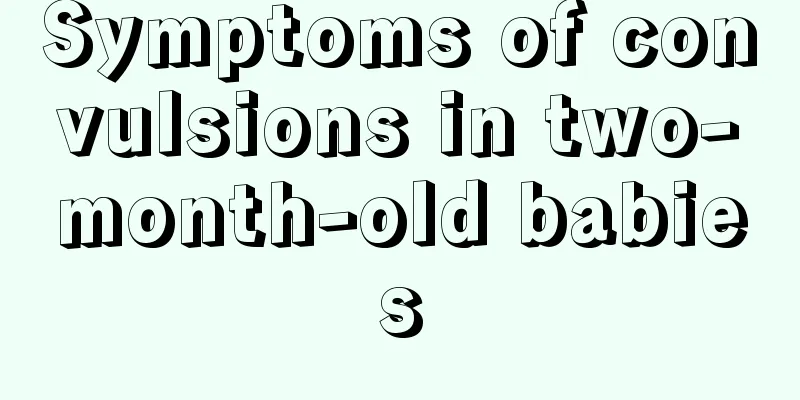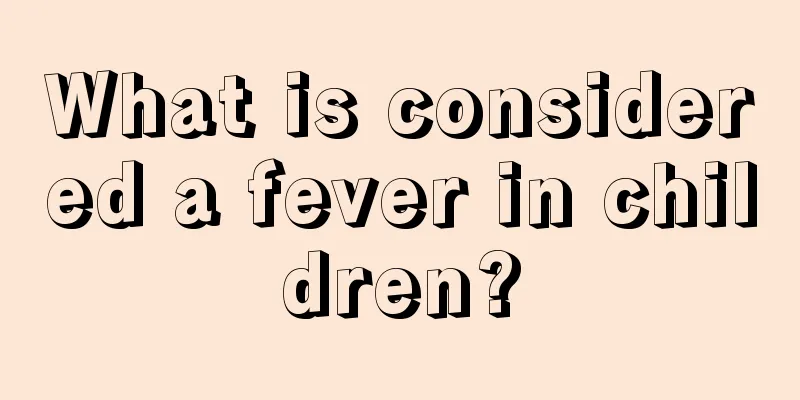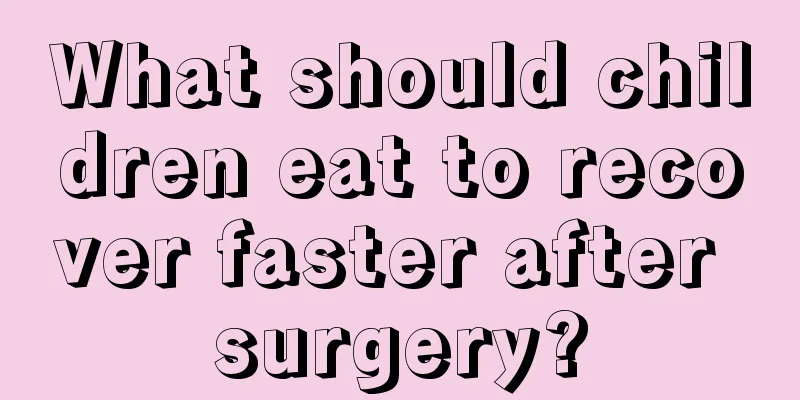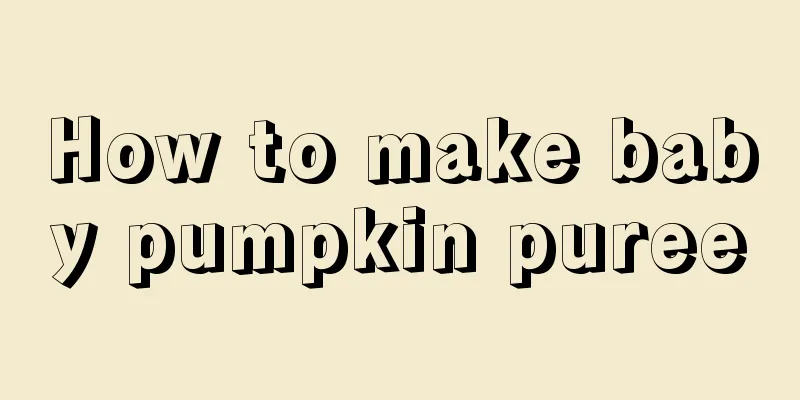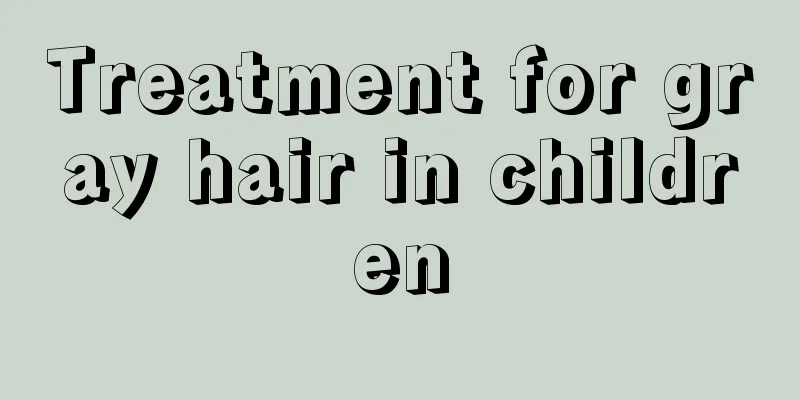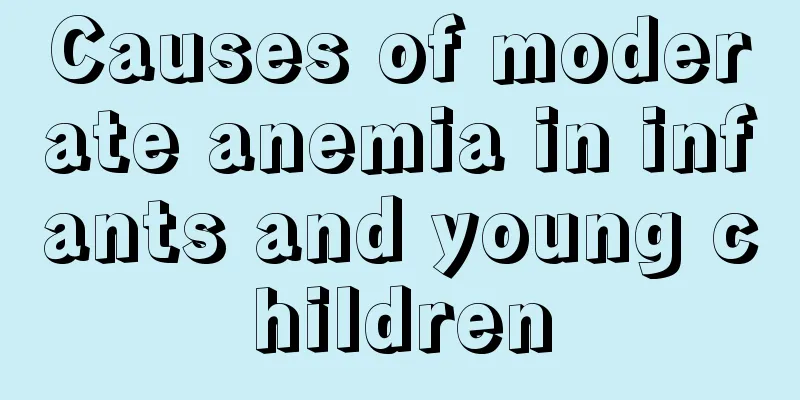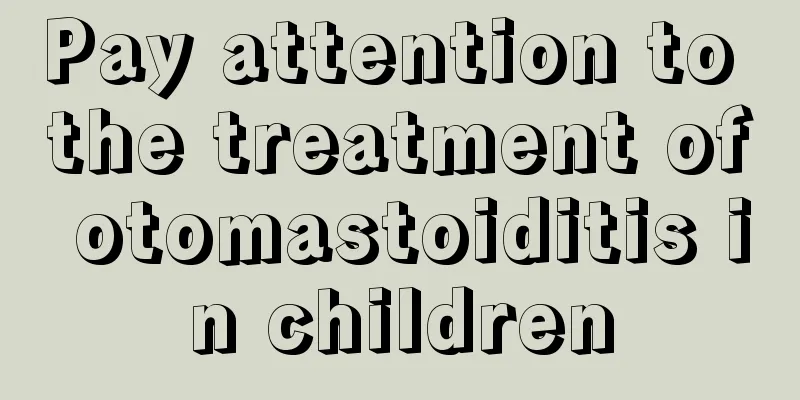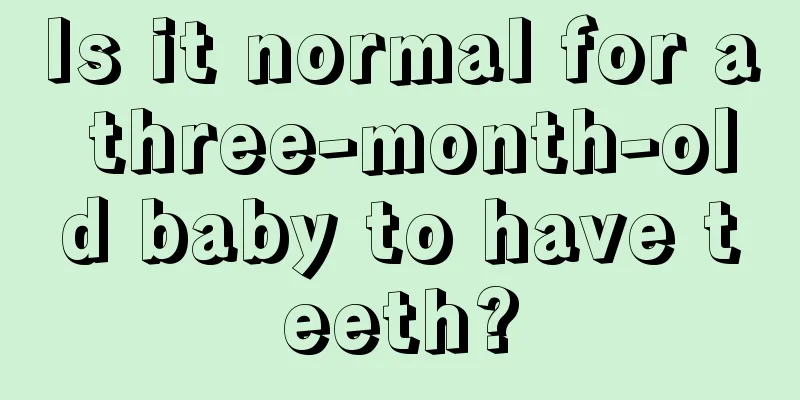Baby's front teeth decay at the age of two and a half
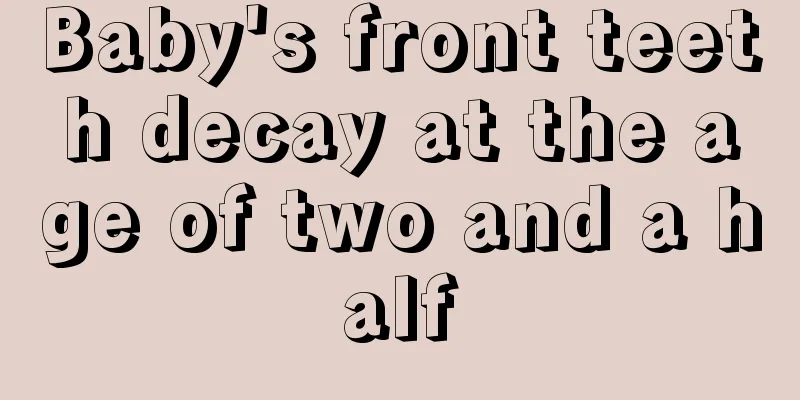
|
In fact, many mothers have a wrong understanding of children's dental care, thinking that they don't need to brush their teeth before their children have all their teeth grown or before the age of 3, and that children themselves don't like to brush their teeth. In fact, you should brush your teeth as soon as the first tooth comes out! Starting to brush teeth after teeth eruption not only protects the teeth, but also allows babies to adapt to brushing prematurely, which helps them maintain the brushing habit. Generally, a child's deciduous teeth do not fully erupt until they are around two and a half years old, but now more than 80% of children have cavities. The hole in the tooth gradually grew from a small one to a big one. It was not until the child had a toothache, could not sleep, and could not eat that I hurriedly took him to the hospital. Once tooth decay occurs, it is not conducive to the normal development of the maxillofacial area and may lead to facial deformities. Severe tooth decay can lead to root inflammation or even infection. If the tooth infection is serious, it may cause the child's immunity to decline, frequent fever and colds, etc. In severe cases, it may cause reduced vision, arthritis, nephritis, myocarditis, long-term low fever, and even cancer! This is related to the late start of oral cleaning. So moms, don’t be lazy! If your baby is only 2 years old, how should you help him brush his teeth? 1. From the moment the baby's first tooth grows, parents need to brush the baby's teeth with gauze or a fingertip toothbrush, carefully clean the teeth, and gently massage the gums. Once your child is able to hold a toothbrush on their own, you can teach them to brush their teeth on their own. 2. Children should also use fluoride toothpaste when brushing their teeth, which can effectively prevent tooth decay. As long as the amount of toothpaste is appropriate, it will not cause harm to the body. Generally speaking, children aged 3 to 7 should use children's fluoride toothpaste. In addition, after brushing their teeth with toothpaste, rinse out all the toothpaste with clean water. Finally, the mother checks. If there are any places that are not cleaned, she can choose to gently wipe them clean with a cotton swab dipped in clean water. 3. Both parents and children should pay attention to the water temperature when brushing their teeth. Too cold or too hot water can easily irritate teeth, so warm water is the best choice, especially in winter. |
<<: What to do if your child has blisters on his tongue
>>: There is a big gap between the baby's upper front teeth
Recommend
What are the recipes for babies over six months old?
When preparing food for your baby, you cannot do ...
Is swimming good for children?
Now if we go to the swimming pool to swim, we oft...
What are the causes of bronchitis in children?
Bronchitis in children is a common respiratory di...
What should I do if my child has a fever and cold hands and feet?
Because children's organs are not fully devel...
Symptoms and treatment of cerebral palsy in children
Cerebral palsy is a very common disease, often oc...
What’s going on if a child suddenly develops a lot of lumps on his body?
In daily life, people will develop various skin d...
What should I do if my child has rectal polyps?
How should children be cared for and treated when...
Children's irritability and picky eating are caused by lack of vitamin B
Survey data recently released by the Nutrition Ph...
What to do if your child has a headache
With the popularity of mobile phones, almost ever...
What should I do if my child coughs in the morning and evening?
There are many reasons for children's cough. ...
How to eat eggs for children?
Eggs have high nutritional value and are nutritio...
What causes throat clearing in children?
Many parents will find that their children are al...
What should I do if my child has a fever at night but is normal during the day?
Many parents find it strange why their children h...
How to solve the problem of baby’s itchy skin and constant scratching?
The baby's skin is very delicate and sensitiv...
What to do if your baby has a fever and poops green
Parents need to pay special attention to the baby...
